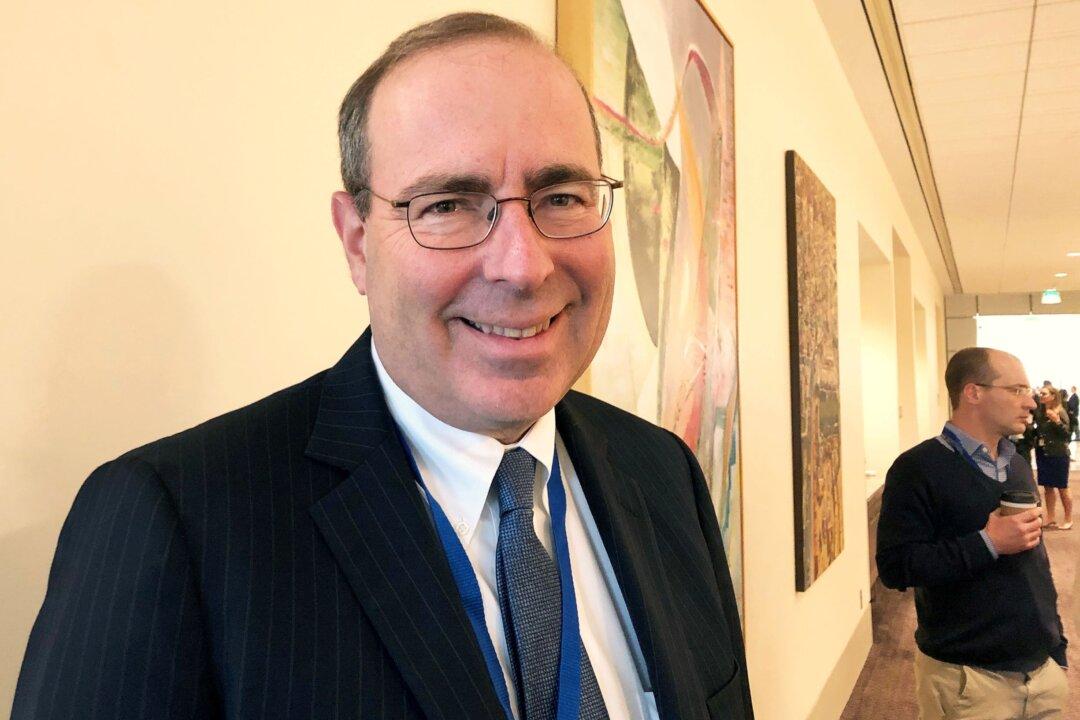Richmond Federal Reserve Bank President Thomas Barkin on Friday said he wants to raise interest rates further to bring inflation under control, and will watch U.S. economic data to decide how big a rate hike to support at the Fed’s next meeting in September.
“I'd like to see a period of sustained inflation under control, and until we do that I think we are just going to have to move rates into restrictive territory,” Barkin told CNBC.





